Study in Canada
- OVERVIEW
- TOP UNVERSITIES
- COURSES
- FINANCES
- ADMISSION
- VISA
- FAQ
Why the Canada?
1. Globally Respected Education
- Home to 1,500+ world-class institutions including University of Toronto, UBC & McGill
- Degrees recognized by employers and institutions worldwide
2. Flexible, Student-Centric Learning
- Choose from a wide range of programs across technology, healthcare, arts, and more
- Mix classroom theory with real-world applications through projects and labs
3. Work While You Study
- Part-time jobs during studies (20 hrs/week)
- Co-op and internship programs built into many degrees
- Up to 3 years Post-Graduation Work Permit (PGWP)
4. Inclusive Campus Life
- Diverse, multicultural communities
- Join clubs, sports teams, and events to connect and grow
- Safe and welcoming environment for international students
5. Student Support at Every Step
- Comprehensive orientation programs
- Access to academic advisors, mental health services, and peer support
- International student offices to help with housing, visas, and beyond
What to Expect: Fall, Spring & Summer Intakes
| Intake | Fall | Summer | Spring |
|---|---|---|---|
| When It Starts | September | January | May |
| Pros | Most programs, scholar -ships,and co-ops available | Smaller class sizes, more time to prep | Less competition, faster admission timelines |
| Cons | High competition, deadlines fill quickly | Fewer program options | Limited programs, fewer intakes |
| Deadlines | Nov – March | Sept – Oct | Jan – March |
Step‑by‑Step Roadmap
Profile Check
GPA, test scores, finances
Bold Overseas Shortlist
Based on goals, budget, ROI
Exam Prep
IELTS/TOEFL/GRE coaching & mock tests
Applications
SOP, LORs, transcripts, visa docs
Visa Success
Mock interview, document review
Pre‑Departure
Housing, health check, orientation
Explore Top Universities in the Canada
Discover globally ranked institutions offering cutting-edge programs, expert faculty, and vibrant campus life

University of Niagara falls Canada
- Niagara Falls, CA

Concordia university
- Montréal, QC H3G 1M8, Canada
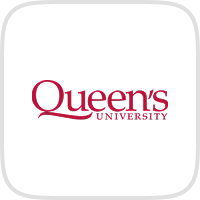
Queen’s University
- Ontario, Canada

University of Waterloo
- Ontario, Canada
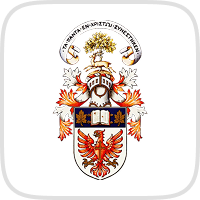
McMaster University
- Ontario, Canada
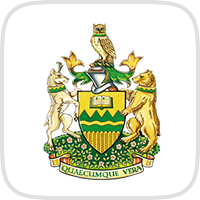
University of Alberta
- Alberta, Canada
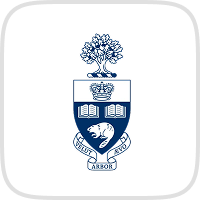
University of Toronto
- Ontario, Canada
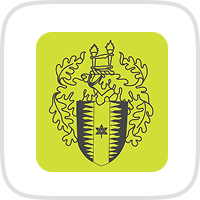
Centennial college
- Toronto, Canada

Conestoga College
- Ontario, Canada
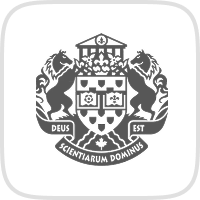
University of ottawa
- Ontario, Canada
Finances: Plan Your Investment in Canada Education
Cost of Education
1. Public Universities
- Undergrad: CAD 7,000 – 30,000/year
- Master’s: CAD 9,000 – 35,000/year
2. Private Universities
- Undergrad: CAD 20,000 – 45,000/year
- Master’s: CAD 22,000 – 50,000/year
3. Average by Program
- Bachelor’s: CAD 15,000 – 35,000/year
- Master’s: CAD 18,000 – 40,000/year
- MBA: Up to CAD 65,000/year
Cost of Living
1. Monthly Budget: CAD 1,200 – 1,800
2. Housing
- On‑campus: CAD 9,000 – 12,000/year
- Off‑campus rent: CAD 600 – 2,500/month
3. Essentials
- Utilities: CAD 100 – 150/month
- Food: CAD 300 – 600/month
- Transport: CAD 80 – 150/month
4. Extras
- Health insurance: CAD 600 – 1,000/year
- Phone & Internet: CAD 80 – 120/month
Admission Process: Your Path to U.S. Universities
- Pro Tips
- Start 9–12 months before your intake, especially for Fall (Sept) when most programs open.
- Apply early for scholarships and co-op programs—they fill up fast.
- Each province may have different immigration and work rules—double-check university and visa details.
Visa Process & Requirements
To study in the U.S., international students must apply for an F-1 visa after gaining admission to a SEVP-approved institution. You’ll need to register with SEVIS (fee: $350) before scheduling your visa interview.
- You can apply up to 120 days before your course starts
- You may enter the U.S. no more than 30 days before classes begin
- Visa rules may change, so always stay updated on the latest guidelines
You’ll also need to book an appointment with the US embassy in your country for a visa interview. You’ll need the following items:
- your passport
- your visa application form
- financial documents.
FAQs
Can students work during their studies in Canada?
How long would it take to get a Master's degree in Canada?
Is studying in Canada worth it?
What is SDS for Canada?
What are the popular courses in Canada?
Book a 1 : 1 Call with our Expert on Studying Abroad!
- free experts assistance
- experienced counsellors

